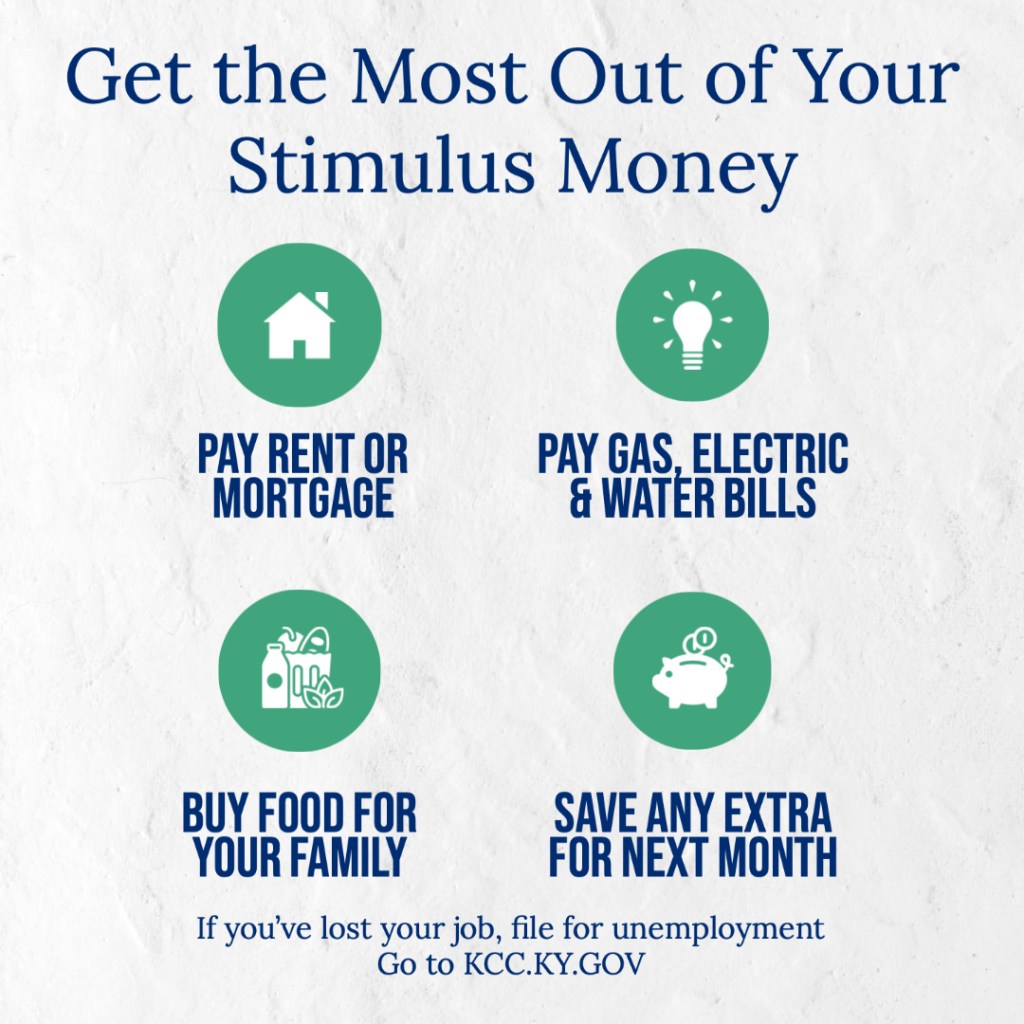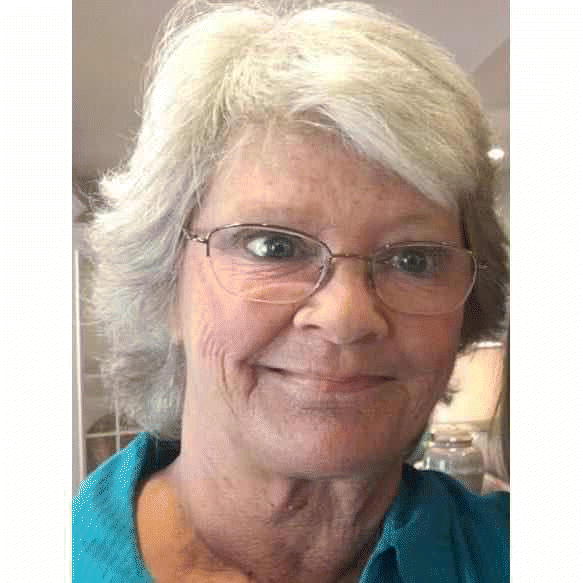Local leaders offer resources guide, ‘stimulus messaging’
Published 7:18 pm Friday, April 3, 2020
|
Getting your Trinity Audio player ready...
|
Those $1,200 stimulus payments that will start arriving in bank accounts and mailboxes this month are not for big screen TVs or Amazon shopping sprees. They’re to help people who are out of work or experiencing hardship because of the coronavirus pay their bills and buy necessities.
This week, local leaders in Winchester and Clark County who are involved in the twice-a-week Zoom meetings to address needs and services during the COVID-19 crisis, rolled out a messaging campaign about the stimulus checks, as well as a community resources guide to show people where they can get help.
Stephen Berry, the city and county GIS coordinator, who was involved in the effort, said the information is available on the Clark County Health Department’s website, clarkhealthdept.org, and the new Winchester COVID-19 Community Resource page on Facebook.
“It’s just to remind them that they need to take care of the most important things,” Berry said.
Jen Algire, president and CEO of The Greater Clark Foundation, said the guides will be “pushed out” on social media and in other ways by the organizations represented by the 87 or so people who participate in the online “wrap-around” emergency response meetings.
There will also be printed copies available where people receive assistance, such as food pantries.
“There are a lot of folks who have been impacted economically because of COVID who have never had to ask for help in the community, and they may not know what resources are available to them,” Algire said.
As for the stimulus messages, she said, the group is “mindful of the fact that the stimulus payments may start to go out in the next few weeks, and we’re going to try to do some intentional messaging” so that people are reminded to put first things first, such as paying their rent or mortgage and their gas, water and electric bills, buying groceries for their families and putting something aside for the next month when they will need money for basic things.
Congress recently approved a $2 trillion coronavirus relief bill that includes direct payments to individuals and families, and the Internal Revenue Service will begin sending electronic payments as soon as late next week, but paper checks could arrive anywhere from late April to September because the federal government doesn’t have some people’s banking information.
How fast people get the money depends largely on how they pay their income taxes and receive refunds, either by direct deposit or paper check.
Those who haven’t provided direct deposit information on their 2018 or 2019 forms will be able to enter that information into a portal that the IRS will set up.








